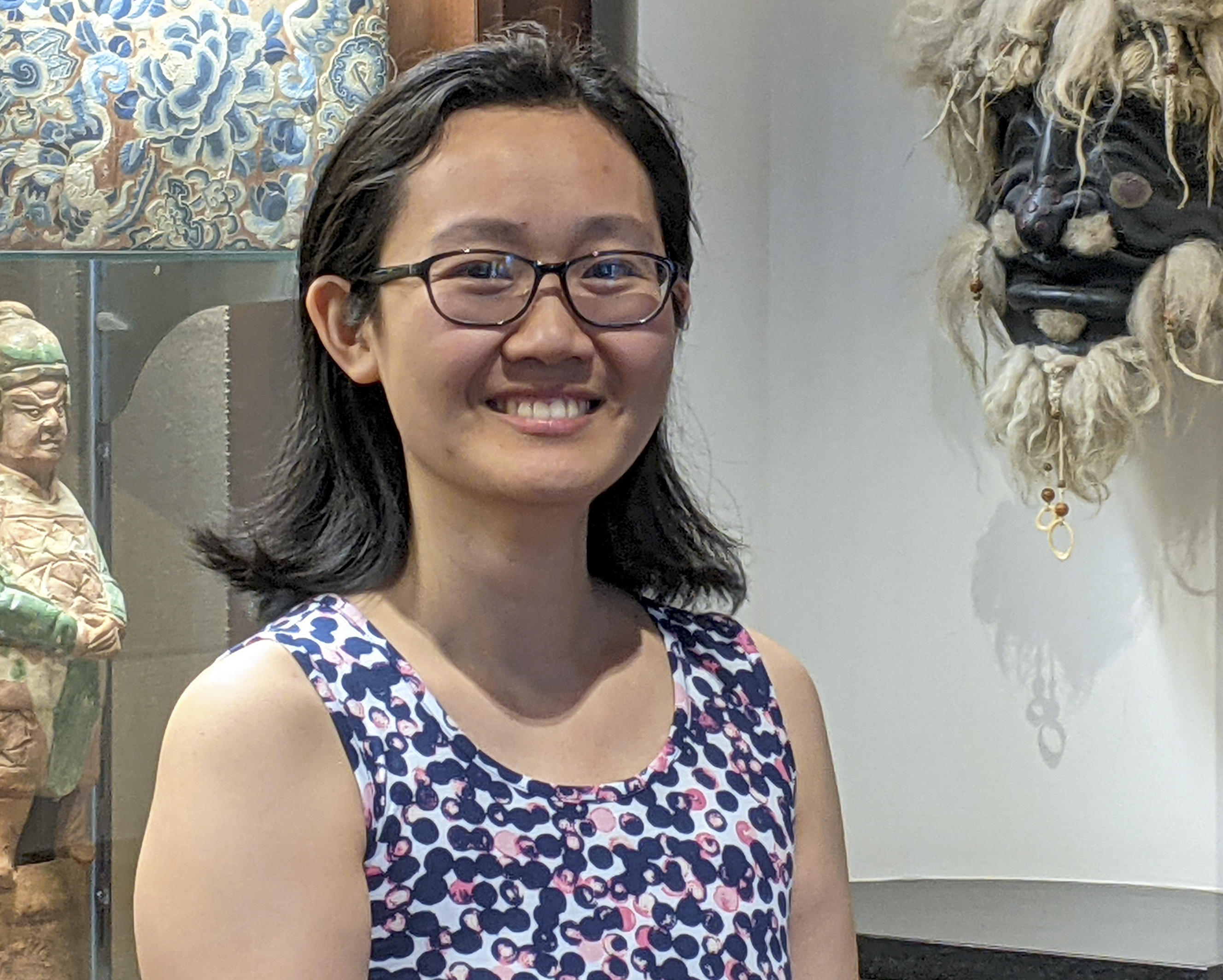Assistant Professor of History Yidi Wu is completing a book about student activism in 1950s China.
Assistant Professor of History Yidi Wu has been selected as a 2021 National Academy of Education/Spencer Foundation Postdoctoral Fellow supporting her research and writing about student protest movements in 1950s China.
The fellowship award provides $70,000 over two years to assist with salary and research expenses. Wu was one of 25 fellows selected from 249 applicants.
Wu, who grew up in Beijing, said the fellowship gives her the opportunity to complete research she began as an undergraduate, uncovering political dissent and suppression often overlooked by historians. In her doctoral studies — for which Wu received a NAEd/Spencer Foundation dissertation fellowship — she located and interviewed a number of those student activists about their experiences during the 1950s and after. That research is the foundation of a forthcoming book.
“I’m interested in pursuing what’s been unsaid and what’s been suppressed,” Wu said. “I want to find the historical truth, and the gaps between propaganda and reality, and take advantage of the freedom in the United States to look at history from a different perspective.”
The fellowships are administered by the NAEd, an honorary educational society, and funded by a grant from the Spencer Foundation, established in 1962 to support research in broad areas of education. The fellowships enhance the future of education research by developing talent across many disciplines.
“Designated research and writing time is essential for a project as ambitious as Dr. Wu’s, and I am delighted that the receipt of this fellowship will enable her to continue her research on student protest movements in postwar China,” said Charles Irons, William J. Story Sr. Professor, professor of history and chair of the department of history and geography.
Wu’s expertise as a modern China historian includes activism, social movements, higher education, democracy and authoritarianism.
“I feel honored that the academy continues to support my research,” Wu said. “They saw that I am committed to my project, that I started it as an undergraduate. They know where I’ve come from. I feel lucky.”
Teaching at Elon, Wu uses Reacting to the Past, a role-playing game pedagogy, to engage students with material and impart historical contingency and empathy. She and two students will present those games at Elon’s 17th Annual Teaching and Learning Conference this Thursday.
Following the completion of this book, Wu plans a second about the reform of China’s universities from a liberal arts-based system to a more structured system akin to what existed in the Soviet Union.



